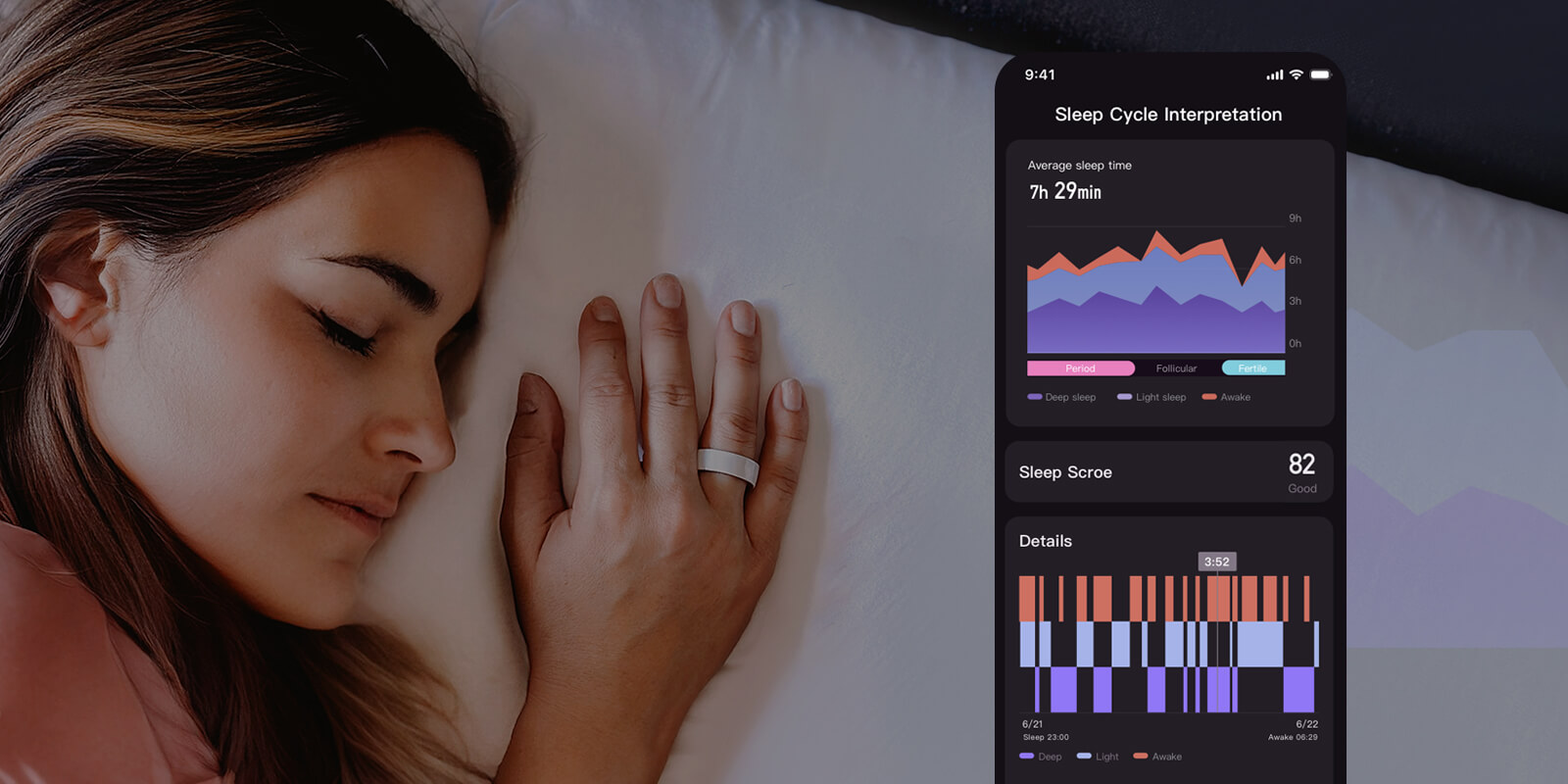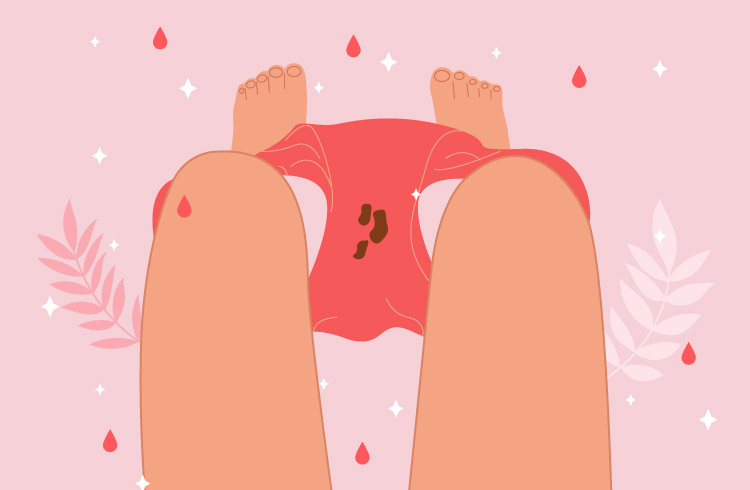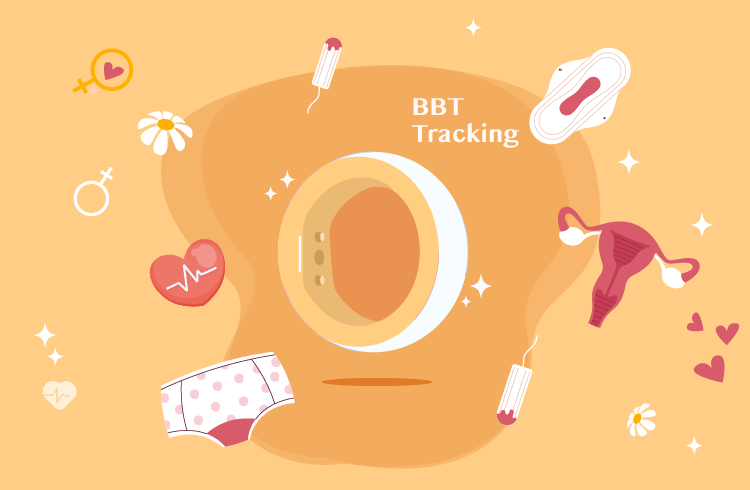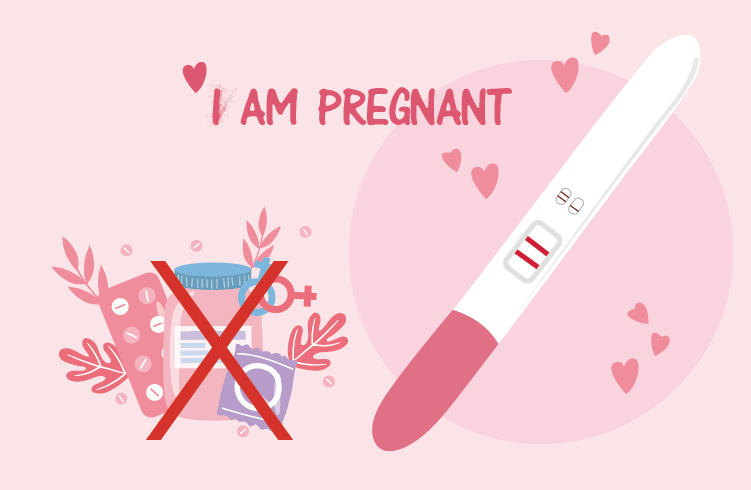Sleep, often undervalued in our busy lives, is deeply interconnected with our overall well-being, especially when it comes to fertility.
Research has shown that sleep plays a vital role in regulating hormones, particularly those crucial for reproductive health. When we consistently lack adequate sleep, our hormonal balance is disrupted. This imbalance can affect the menstrual cycle, making it irregular or even halting ovulation altogether. Moreover, chronic sleep deprivation can lead to increased stress, which further compounds fertility challenges. Understanding this intricate relationship between sleep and fertility is essential for anyone on the journey to parenthood.

How lack of sleep affects your fertility?
1. Causes hormonal imbalance
Lack of sleep can significantly impact fertility in several ways. Firstly, consistent sleep deprivation can disrupt the body's delicate hormonal balance, particularly the release of luteinizing hormone (LH), which is crucial for regulating the menstrual cycle and ovulation. Imbalanced hormones can complicate the fertility process, making it harder to conceive.
2. Increases the risk of diseases
Additionally, chronic sleep deficiency increases the risk of developing various diseases and conditions, such as diabetes and obesity, which can directly affect fertility.
3. Leads to a higher risk of miscarriage
Sadly and surprisingly, inadequate sleep is associated with a heightened risk of miscarriages, adding emotional and physical strain to the fertility journey.

4. Makes you moody and irritable.
Sleep deprivation can also have a profound impact on mood, leading to increased irritability and moodiness. This emotional strain can extend to relationships, potentially affecting the intimacy between partners and leading to difficulties in the sexual aspect of the relationship.
Prioritizing quality sleep is not just essential for overall health but is crucial for maintaining a balanced hormonal environment necessary for successful conception.
So, how to get quality sleep every night?
Here are some expert-backed tips to enhance your sleep health:
1. Maintain a consistent sleep schedule.
Going to bed and waking up at the same time every day, even on weekends, helps regulate your body's internal clock, promoting better sleep.
2. Track your sleep

Use Sleep Tracking Technology (Like Femometer Smart Ring) Utilize sleep-tracking devices or apps to monitor your sleep patterns. This awareness can highlight sleep issues, allowing you to seek appropriate solutions.
3. Engage in regular exercise and get outside!
Regular physical activity and exposure to natural light during the day can regulate your sleep-wake cycle. Aim for outdoor activities, as fresh air and exercise contribute to improved sleep quality.

4. Include relaxation techniques in your routine.
Add calming activities before bed, like meditation and yoga. These practices help alleviate stress, making it easier to unwind and fall asleep peacefully.
5. Create a soothing bedtime routine.
Consider taking a warm shower before bedtime. The gradual decrease in body temperature after a warm shower can signal your body that it's time to sleep.
6. Curate your sleep environment.
Adjust the lighting in your bedroom to create a relaxing ambience. Dim the lights as bedtime approaches to cue your body for sleep.
7. Keep an eye on your diet.
Avoid alcohol and caffeine, especially within the last five hours before sleep. These substances can disrupt your sleep cycle, hindering your ability to attain deep, restorative sleep.

By incorporating these practices into your routine, you're not just improving your sleep; you're enhancing your fertility journey by nurturing your body's essential restorative processes. Sweet dreams!
This article is the original creation of Femometer. All rights reserved by Femometer Inc. To reproduce, distribute, or reference the content, please reach out to us in advance to prevent any potential legal issues. Copyright © Femometer Inc.










